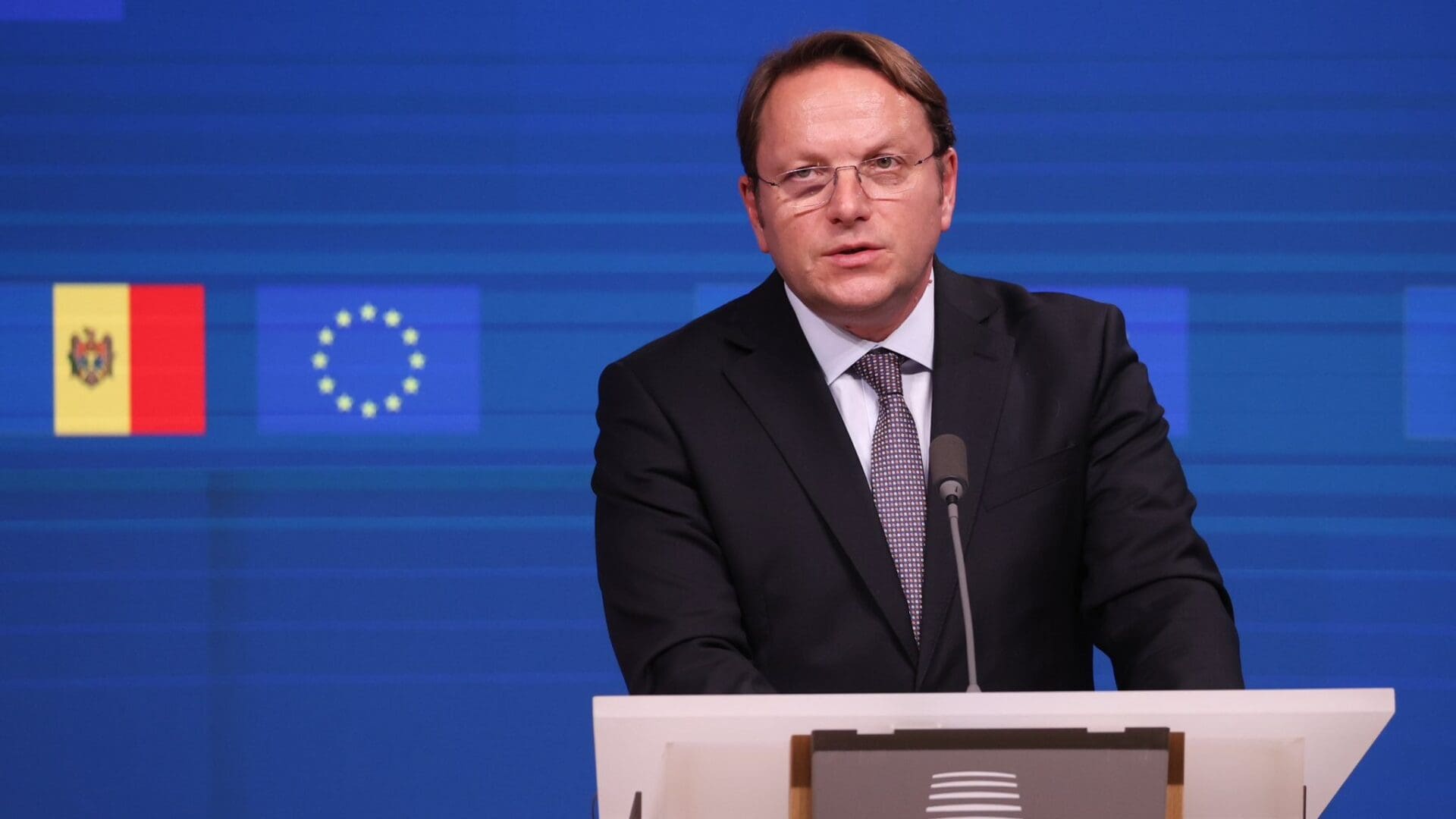The European elections have not yet taken place, but Brussels and some member states are already planning how to punish Hungary for its ‘defiant behaviour’—in other words, for prioritizing national interests over what EU leaders and bureaucrats refer to as the common interest, which essentially aligns with globalist aspirations.
Fed up with Hungarian Prime Minister Viktor Orbán’s ‘obstructionism’ on Ukraine, his fellow EU leaders plan to punish him by assigning his country a weak portfolio in the next European Commission, according to three diplomats familiar with the discussions, who spoke to POLITICO.
Hungary currently holds the post of Commissioner for Neighbourhood and Enlargement, a position held by Olivér Várhelyi since 2019. This role is particularly important for several reasons. The Enlargement Commissioner significantly
influences the pace and timetable of the accession process for candidate countries.
Hungary has consistently argued that all candidates should be treated equally, therefore it is unfair to prioritize Ukraine’s accession over that of Western Balkan countries such as Serbia, Bosnia and Herzegovina, and Albania, who have been waiting for decades to join.
According to POLITICO, Hungary would keep the post in the next Commission, which aligns with one of the top priorities of the Hungarian EU presidency beginning in July: promoting EU enlargement. However, the anonymous sources have suggested that some member states are hesitant to grant such an important position to Hungary due to its stance on Ukraine’s EU accession.
‘After the disaster this time around with Várhelyi and the way Orbán is challenging [Commission President Ursula] von der Leyen, there is no way she will hand over anything important to someone close to him,’ one diplomat said. This statement implies that von der Leyen might be the next Commission President, although this is far from certain.
The Cost of Ukraine’s Accession
The Hungarian government opposes Ukraine’s accession to the EU for several reasons. A large country with most regions performing below the EU average, Ukraine’s accession would significantly reshape the EU funding system, directing the bulk of cohesion funding to the war-torn country. The same applies to agricultural subsidies: if Ukraine were to join under the current rules, it would receive €96.5 billion in EU farm subsidies, which is a quarter of the current seven-year budget.
According to some estimates,
Ukraine’s entire accession process would cost the EU €186 billion.
In a recent interview, Orbán stated that ending the war in Europe’s neighbourhood is more important than Ukraine’s EU accession. He added that Ukrainian grain is harming European farmers and that the war and sanctions are causing Europe’s economy to decline. Furthermore, he highlighted as more importanmt issues that green trade policies are failing, migrants are pouring across borders, crime and violence are increasing, and children are being re-educated through gender propaganda.
It is also important to note that during the European Council vote on Ukraine’s accession last December, Viktor Orbán left the room because he disagreed with the majority opinion but did not want to veto.
There is also a dispute between Hungary and Ukraine regarding rights of the Hungarian minority in Transcarpathia. Kyiv amended the relevant legislation last December, restoring the rights of minorities in many areas, except for Russian speakers. State Secretary for Foreign Affairs Tamás Menczer previously noted that the new law falls short of reinstating the rights of ethnic minorities held before 2015. He added that the Hungarian government will consistently monitor the implementation of the law.
The rights of the Hungarian community in Transcarpathia have faced continuous restrictions by the Ukrainian leadership since 2015. Before last December’s amendment, the possibility of education in the mother tongue had already been taken away from Transcarpathian schoolchildren. Additionally, there have been consistent attacks on Hungarian symbols in Transcarpathia. For example, in Mukachevo (Munkács), the significant Turul statue of the Hungarian community was removed from the bastion of the local castle overnight.
Election Matters
The new European Commissioners will be selected through a lengthy process. First, the new President will be nominated by the leaders of the Member States from among the lead candidates of the political groups in the European Parliament, and then elected by the EP by an absolute majority. In this context, the composition of the new EP is particularly important: if right-wing forces predominate,
attempts to punish Hungary could easily be thwarted.
The Commissioners are appointed by the new Commission President in consultation with the European Council. The European Parliament then holds special hearings to determine their suitability for the post, after which the entire Commission is voted on. MEPs have the authority to vote on any changes in the Commission and possess the power to dissolve it.
Related articles:








